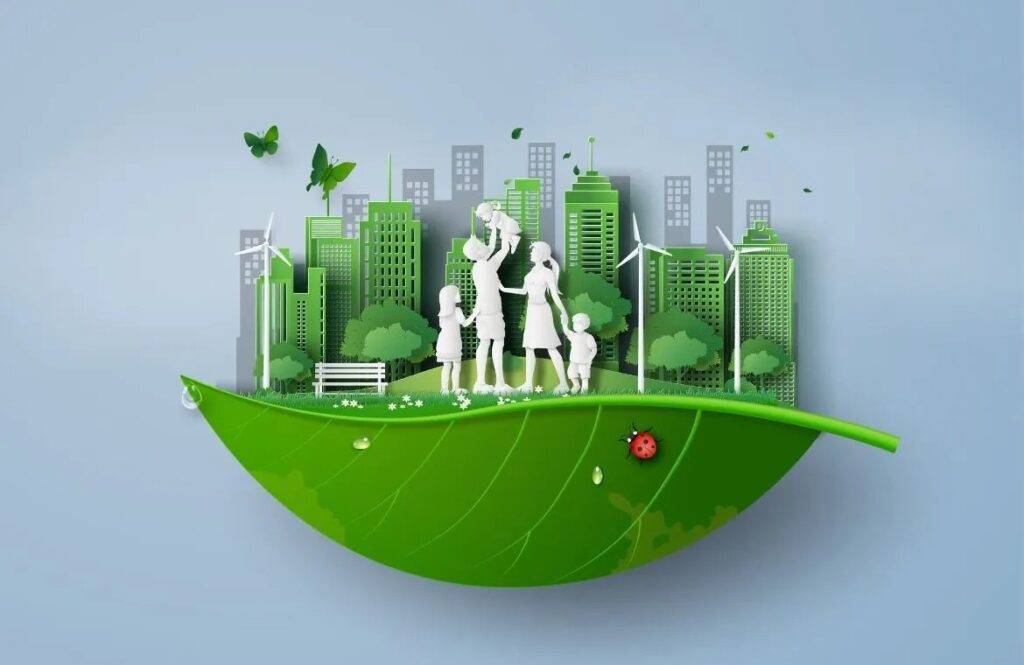Across New South Wales, construction is everywhere — new suburbs, major road upgrades, transport expansions. But with this rapid growth comes a challenge: how do we deliver infrastructure that lasts while protecting the environment and meeting community expectations?
The answer lies in sustainable engineering. At WBS Engineers, this principle underpins how we approach both civil works and asbestos remediation. It means designing and delivering projects that are safe, resilient, and environmentally responsible — built not just for today, but for tomorrow.
Why Sustainable Engineering Matters in NSW
NSW faces multiple pressures: ageing infrastructure, growing populations, and increasing exposure to natural hazards such as bushfires, floods, and water scarcity. Traditional methods of construction are no longer enough.
Sustainable engineering practices help address these challenges by:
- Conserving energy and water resources.
- Reducing waste and carbon emissions.
- Creating infrastructure that withstands environmental stress.
- Supporting government sustainability objectives.
For clients, these practices mean long-term resilience, lower maintenance costs, and infrastructure that aligns with regulatory and community expectations.
Key Practices in Sustainable Engineering
Smarter Energy Use and Renewables
From efficient HVAC systems to renewable integration, sustainable engineering reduces reliance on fossil fuels. For large-scale works, this may include integrating solar or wind power to support civil and utility projects.
Sustainable Materials and Methods
Recycled concrete, reclaimed timber, and engineered alternatives such as bio-concrete are now standard considerations. Modular and prefabricated structures also reduce waste and support circular economy principles.
Water-Sensitive Design
Sydney’s growing population places increasing strain on water systems. Solutions such as stormwater harvesting, permeable pavements, and bioswales are essential in managing runoff and mitigating flood risks.
Waste Minimisation and Lifecycle Planning
Lifecycle assessments (LCA) allow engineers to measure environmental impact from design through delivery. Waste reduction, efficient transport of materials, and off-site prefabrication help cut down on unnecessary emissions and rework.
Technology and Smart Systems
Digital tools such as Building Information Modelling (BIM), smart grids, and real-time monitoring support better decision-making. These technologies improve efficiency, reduce environmental impacts, and support compliance across project lifecycles.
Sustainable Engineering in Remediation and Civil Works
Sustainability is not abstract — it’s built into everyday practice at WBS Engineers.
- Asbestos Remediation: As a Class A licensed contractor, we remove friable and bonded asbestos under strict environmental and safety controls. Safe disposal through EPA-approved facilities ensures no long-term harm to people or the environment.
- Civil Works: Our approach to site preparation, trenching, and compound setup prioritises efficiency and reduced disruption. By building strong foundations with durable materials and future-proofed methods, we minimise rework and extend asset life.
- Telecommunications Infrastructure: When delivering tower foundations and trenching, we focus on low-impact methods that reduce land disturbance and protect existing utilities.
Every decision, from material choice to project sequencing, is made with sustainability and compliance in mind.
Looking Ahead: The Road to Resilient Infrastructure
Sustainable engineering is no longer optional. NSW government policies increasingly demand low-impact, green construction, and private developers are recognising the long-term value. Challenges remain — cost pressures, regulatory hurdles, and tight delivery timelines — but the momentum is clear.
At WBS Engineers, sustainable practices are not add-ons; they are integral to how we deliver projects. From asbestos remediation to civil construction, our goal is simple: create infrastructure that stands the test of time, protects communities, and contributes to a more resilient NSW.
Why Work with WBS Engineers?
- Class A license for friable and non-friable asbestos removal.
- Proven expertise in civil works, including foundations, trenching, and site preparation.
- ISO-certified systems for quality, safety, and environmental management.
- A commitment to sustainability, compliance, and long-term value.
Final Word
Sustainable engineering is about more than reducing environmental impact. It is about future-proofing infrastructure — ensuring the work we do today supports communities safely and responsibly for decades to come.
With a clear focus on asbestos remediation and civil works, WBS Engineers delivers projects that are safe, compliant, and built for the future.


